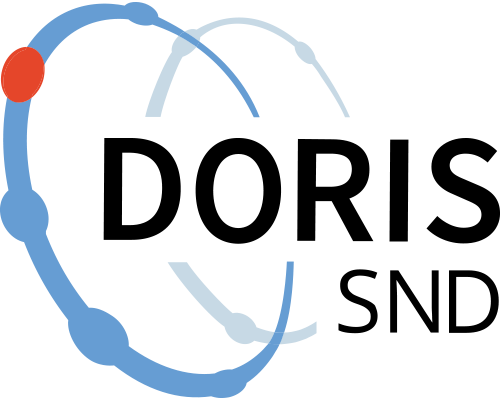Swedish Twin Registry
STR has been based at the Karolinska Institutet since 1959, first at the Institution of Hygien and thereafter at Medical Epidemiology and Biostatistics, MEB. STR was originally created primarily to study the importance of environmental factors for the development of cardiovascular/respiratory diseases and cancer, but has since then evolved to a resource for all epidemiological and genetic aspects of ill health.
The research that is based on STR is financed externally through grants that the users apply for individually. STR is in this way making up the basis for a lot of research; during the past decade over 50 articles have been published annually, where of several in high impact journals.
STR has during the past decade transformed from being primarily an epidemiological resource to forming a biobank of samples (DNA, blood and serum) for a large number of twins. Genome-wide genotyping of close to 30 000 participants have been undertaken and the plan is that all DNA samples shall become genotyped on a genome-wide platform the coming few years. Serum from 12 600 twins have so far been used for measurements of classical blood biomarkers. Generated genotypes and biomarker measurements builds in an effective manner up the value of STR as an molecular epidemiological resource.
Purpose:
The goal of the Swedish Twin Registry (STR) is to provide a longitudinal research infrastructure in the form of a population-based twin cohort of adequate size and content to enable powerful epidemiological and molecular medical studies. The study designs used are classical epidemiological investigations of risk-factors for disease and death (providing within twin pair designs), genetic association studies, heritability studies (both twin model based and molecular based), epigenetics, proteomics as well as other types of "-omics" approaches. STR is open for Swedish researchers and international researchers that have a Swedish collaborator.
Go to data source
Opens in a new tabhttp://www.ki.se/tvillingregistret
Citation and access
Citation and access
Data access level:
Creator/Principal investigator(s):
- Patrik Magnusson - Karolinska Institutet - Department of Medical Epidemiology and Biostatistics
